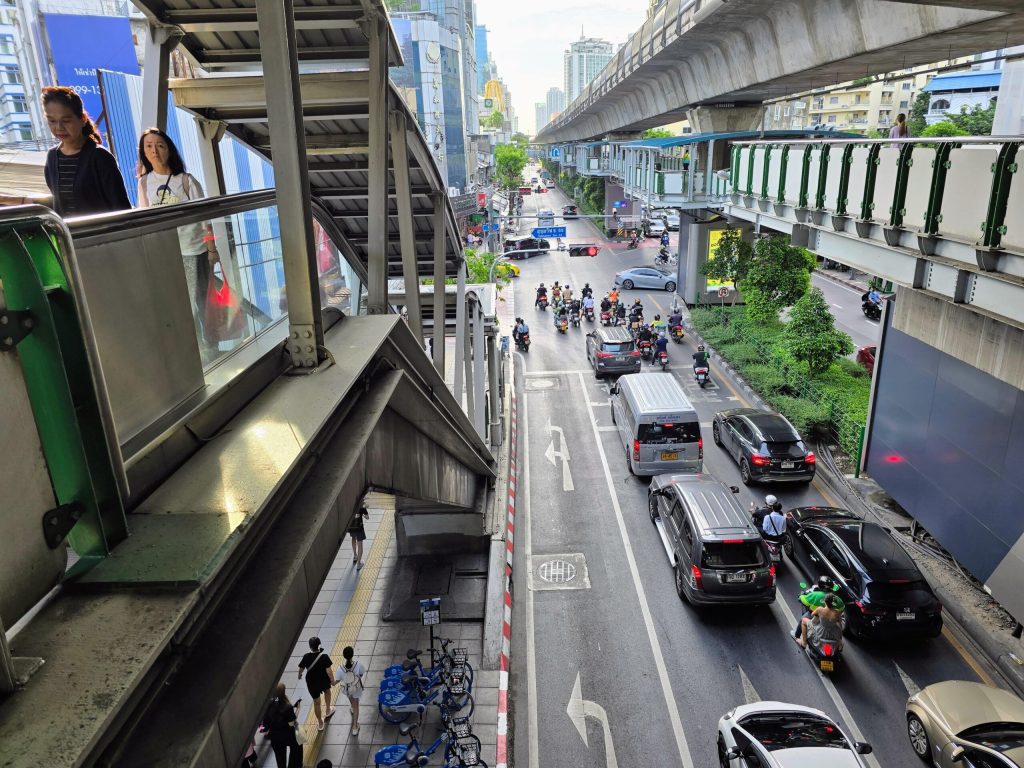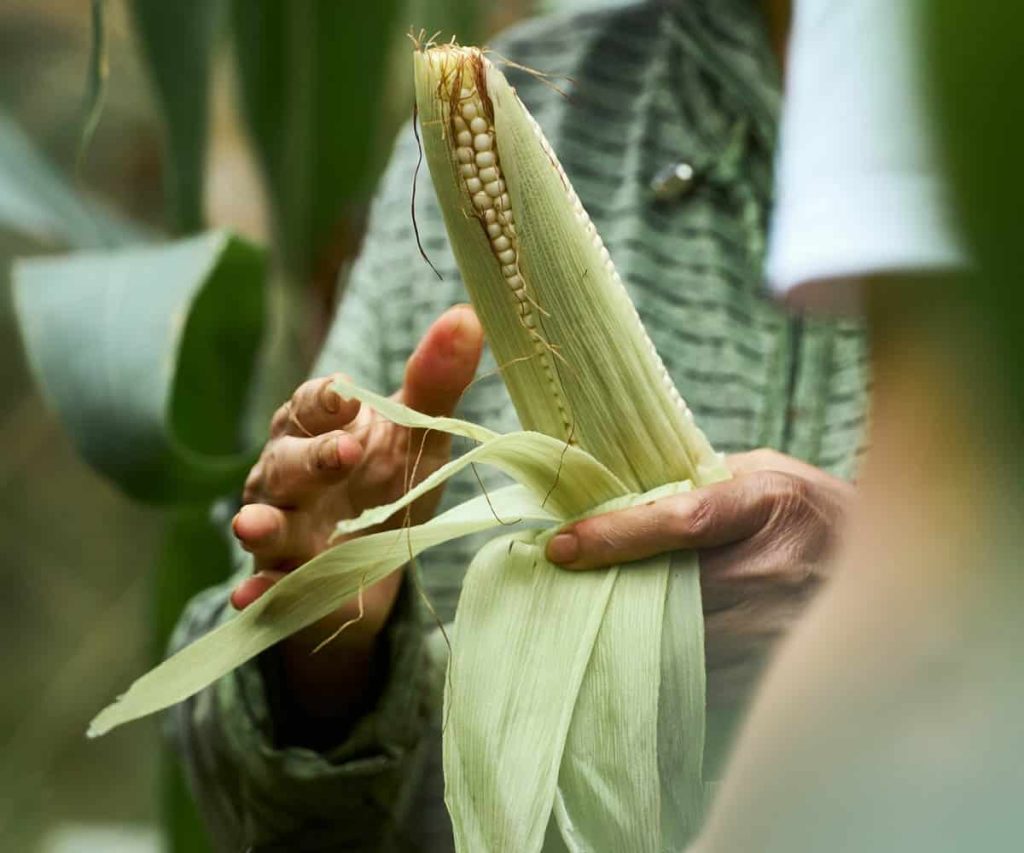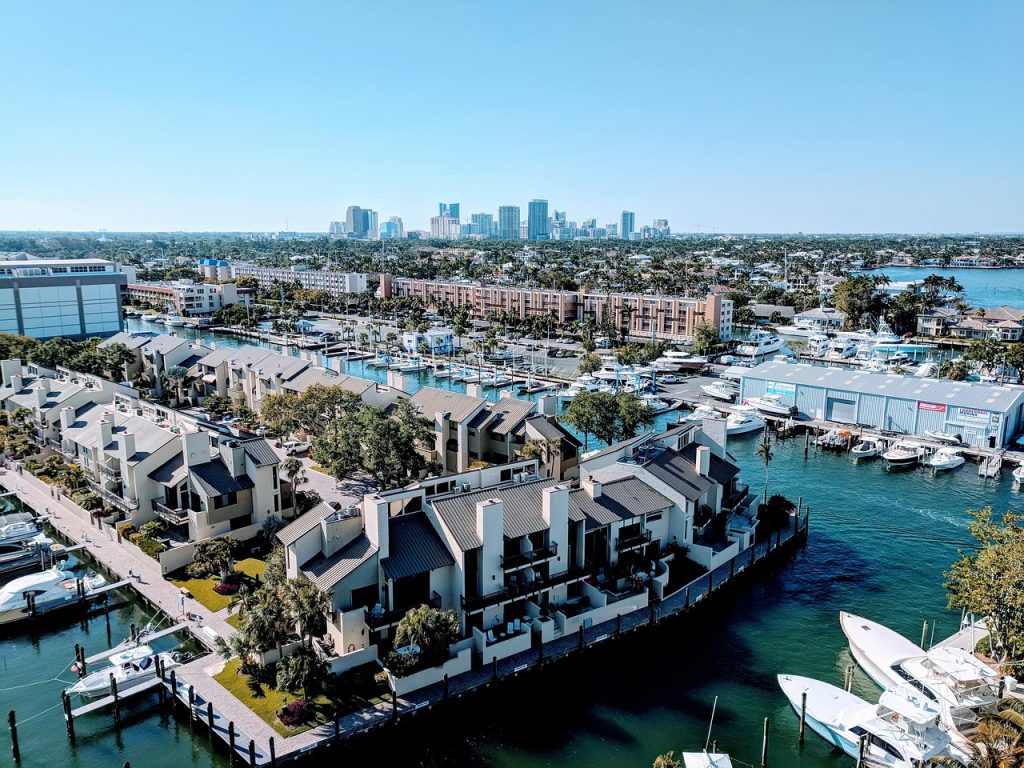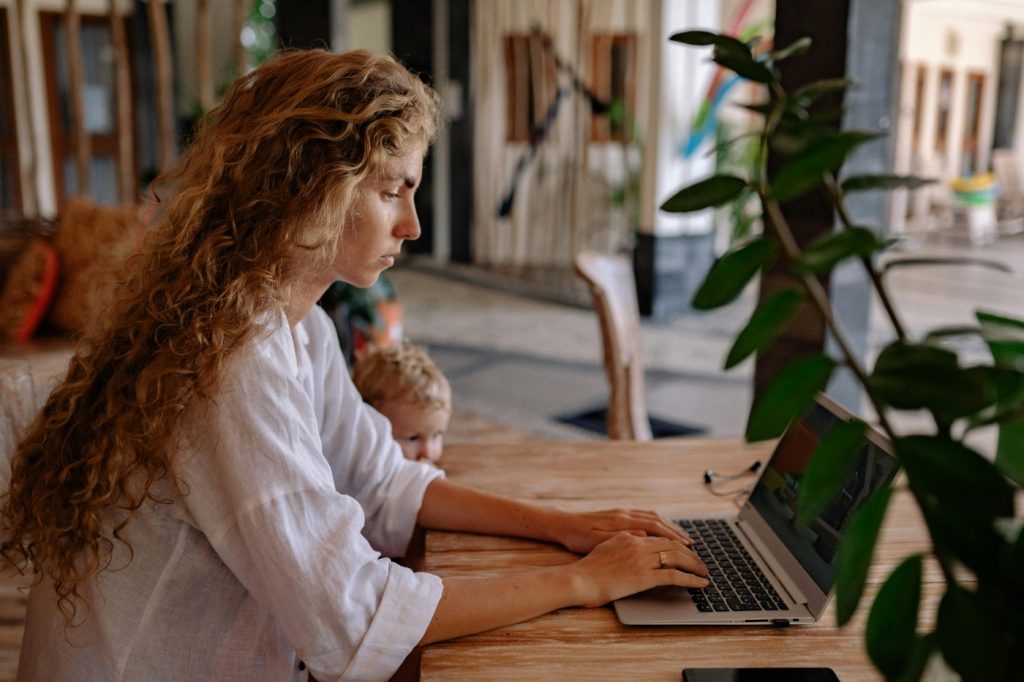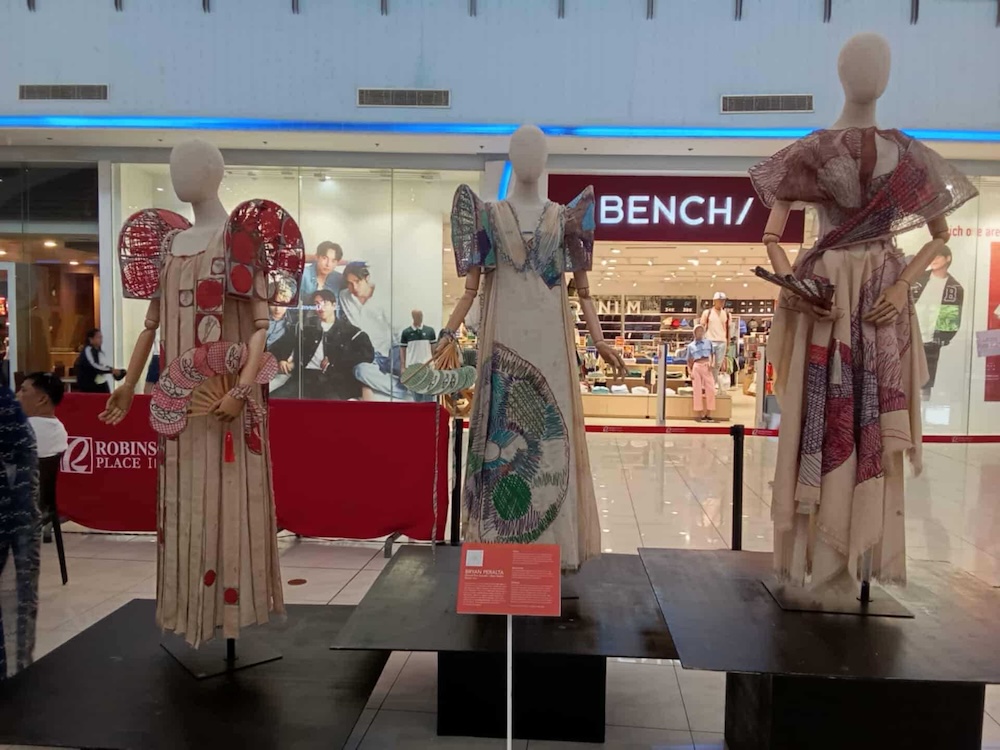7 common tourist scams in Bangkok – To travel is to live! >>0;M=b;N=(a-b)/4294967296>>>0}function Ga(a){if(a>>0;N=b>>>0}else Fa(a)}function Ia(a,b){b>>>=0;a>>>=0;if(b24|b>16&65535,a=(a&16777215)+c*6777216+b*6710656,c+=b*8147497,b*=2,a>=1E7&&(c+=a/1E7>>>0,a%=1E7),c>=1E7&&(b+=c/1E7>>>0,c%=1E7),c=b+Ja(c)+Ja(a));return c} function Ja(a){a=String(a);return”0000000″.slice(a.length)+a}function Ha(a,b){b=~b;a?a=~a+1:b+=1;return[a,b]};var Ka=/^-?([1-9][0-9]*|0)(.[0-9]+)?$/;var O;function La(a,b){O=b;a=new a(b);O=void 0;return a} function P(a,b,c){a==null&&(a=O);O=void 0;if(a==null){var d=96;c?(a=[c],d|=512):a=[];b&&(d=d&-16760833|(b&1023)=1024)throw Error(“pvtlmt”);d=d&-16760833|(b&1023)1024)throw Error(“spvt”);d=d&-16760833|(b&1023)2]+b[(a&3)>4]+h+d}a=c.join(“”)}return a}}return a};function Na(a,b,c){a=Array.prototype.slice.call(a);var d=a.length,e=b&256?a[d-1]:void 0;d+=e?-1:0;for(b=b&512?1:0;b=c))return a[b]} function Ua(a,b,c,d){if(c===-1)return null;var e=b>>14&1023||536870912;if(c>=e){if(b&256)return a[a.length-1][c]}else{var f=a.length;if(d&&b&256&&(d=a[f-1][c],d!=null)){if(Va(a,b,e,c)&&ya!=null){var g;a=(g=wa)!=null?g:wa={};g=a[ya]||0;g>=4||(a[ya]=g+1,g=Error(),g.__closure__error__context__984382||(g.__closure__error__context__984382={}),g.__closure__error__context__984382.severity=”incident”,na(g))}return d}return Va(a,b,e,c)}} function Wa(a,b,c,d,e){var f=b>>14&1023||536870912;if(c>=f||e&&!qa){var g=b;if(b&256)e=a[a.length-1];else{if(d==null)return;e=a[f+(+!!(b&512)-1)]={};g|=256}e[c]=d;c>>0,d=~d>>>0,b==0&&(d=d+1>>>0);b=d*4294967296+(b>>>0);a=a?-b:b}}else if(b=Math.trunc(Number(a)),Number.isSafeInteger(b))a=String(b);else{if(b=a.indexOf(“.”),b!==-1&&(a=a.substring(0,b)),!(a[0]===”-“?a.length-922337: a.length0,N=Number(a>>BigInt(32)&BigInt(4294967295));else{b=+(a[0]===”-“);N=M=0;d=a.length;for(var e=b,f=(d-b)%6+b;f=4294967296&&(N+=Math.trunc(M/4294967296),N>>>=0,M>>>=0);b&&(b=n(Ha(M,N)),a=b.next().value,b=b.next().value,M=a,N=b)}a=M;b=N;b&2147483648?E()?a=””+(BigInt(b|0)>0)):(b= n(Ha(a,b)),a=b.next().value,b=b.next().value,a=”-“+Ia(a,b)):a=Ia(a,b)}}else…

